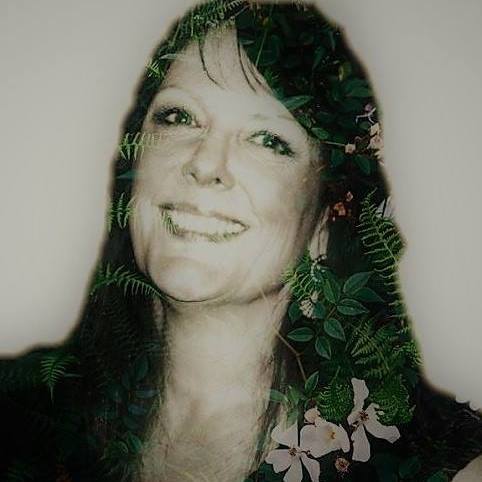
I write fiction to celebrate plants and nature, and to make the ordinary extraordinary. My main genre is magic realism. As such, you can expect my writing to present the supernatural in a real-world setting. Along the way, it is vivid, playful and often other-worldly. It embraces oral tradition, and delves into myth to explore identity and society.
As a child, I loved adventure stories – ripping yarns – but the hero was always a Tom, Jack, or Horace (Sawyer, Hawkins, Holly, respectively). While Disney princesses now are all uniformly sassy, and young adult fiction has the kick-ass Katniss Everdeen of the Hunger Games Trilogy, female protagonists in adult adventure remain few and far between (the characters created by author Scarlett Thomas proving the exception to the rule). I want to read about women with whom I identify, not just Lara Croft heroes-with-34DDs.

This lack of a motivated, intelligent but less-than-perfect female lead is what inspired my first novel: not finding my heroine, I wrote her.
Born and raised in Bristol, I always had a hankering to be elsewhere and read to escape (BTW, psychologists have a theory on why a woman seeks escapism – perhaps the subject of a future blog). Following my inclination, I’ve lived in Athens, London, Manchester and Rotterdam, before settling in a small village with big horizons. I’m often spotted in my Wiltshire habitat hot on the heels of Carlos and Carmen, the border terriers.
My background is in science. I was awarded an RHS Fellowship for Horticultural Taxonomy and hold an MSc in Plant Diversity at the University of Reading in partnership with the Royal Botanic Gardens, Kew and the Natural History Museum. This background informs my writing.

I’ve loved writing from the time I could write, but life was getting in the way. I needed to reprioritise. I enrolled on the MA in Creative Writing at Bath Spa University, a full-time, year-long course, with the aim of improving my skill as a writer and to develop a writerly habit.
Simultaneously, I cut my full-time working hours in half. This gave those around me the unequivocal message that I was serious about writing. While a student, family, colleagues and friends gave me some leeway. They accepted (to varying degrees) that mealtimes would be irregular, I wasn’t able to work more than the hours I was paid, and I couldn’t meet up for a drink, not even on high days and holidays. As soon as (or, maybe, some time before) the course officially ended, these demands on my time reasserted themselves.
Would I have finished the novel without the discipline of this course? In time, possibly – probably, after all, Chad Hardbach took ten years to write The Art of Fielding. But the ability to draw on that network of a student cohort of exceptional talent, the expertise of writers-as-tutors across different genres, and the opportunity to meet agents, publishers and others in the industry, has been invaluable. I received a Distinction for my efforts.






